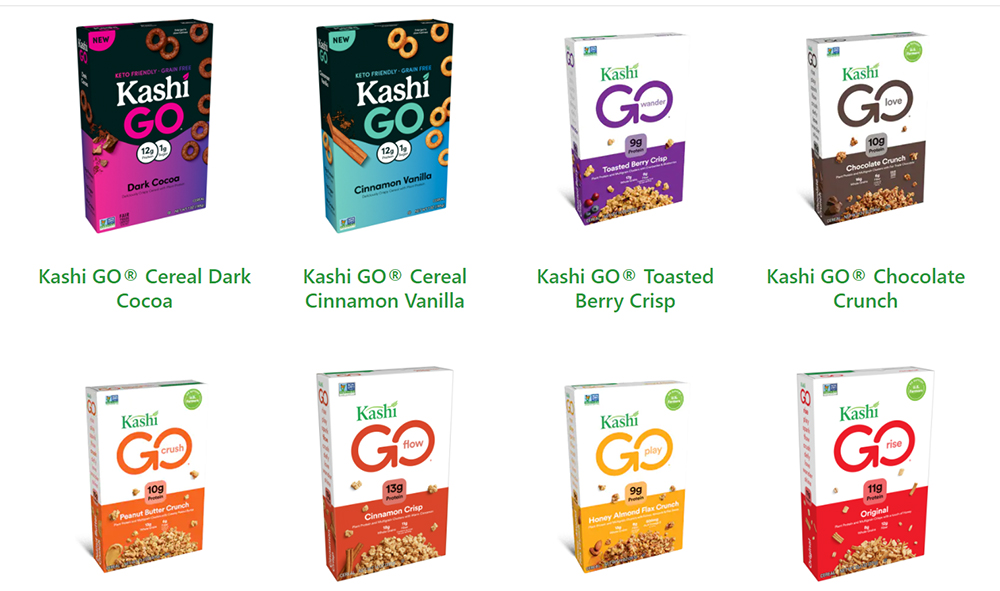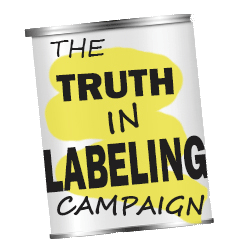
“Delicious,” “hearty,” “nutritious,” and “wholesome,” are just some of the buzz words used to catch your eye in the supermarket. But nothing is as overused and fraudulent as the term “all natural.”
Since all natural has no official definition, Big Food uses it without the least little concern on anything it cares to, including products that are so blatantly unnatural that companies have been sued for using the term. Kashi brand, owned by Kellogg’s, is one example. While the company settled several cases instead of going to court and paid out close to $9 million (much of it going to “reimburse shoppers” a small fraction of their purchase price), Kellogg’s only promised to clean up its language, not the Kashi ingredients.
The Kashi California class-action lawsuit, settled in 2014, involved falsely advertising cereals, bars, cookies and crackers as “all natural” or made with “nothing artificial” when they contained, according to the complaint, “an array of chemicals.”
The court documents also stated that Kashi shakes are “composed almost entirely of synthetic and unnaturally processed ingredients…” many of which are “shocking.” Also mentioned in the complaint was this interesting tidbit: “Defendants (Kashi) also added several highly process excitotoxins to its products that are hidden sources of monosodium glutamate, a.k.a. ‘MSG.’”
We recently checked out some Kashi products starting with Kashi GO Original cereal. The very first ingredient is soy protein concentrate, which always contains manufactured free glutamate (MfG), the very same excitotoxic, brain damaging, glutamic acid found in all flavor enhancers including MSG.
Kashi GO dark cocoa contains even more MfG-containing ingredients, namely lentil protein, pea protein and natural flavors. Many in the “GO” lineup, in fact, contain soy, lentil or pea protein – all sources of MfG.
The Kashi Go Protein Waffles aren’t any better, containing whey protein concentrate (said to be organic, so that makes it an organic excitotoxin!), and natural flavors.
Soon after the class-action cases were settled, an odd array of feel-good Kashi stories started circulating. “Eat This, Not That!,” for example bragged about the “10 things you don’t know about Kashi,” such as how they “help farmers” and are “friends to honey bees.” Other articles focused on their whole grains and that they are “health-conscious foods.” Of course, it could have been a coincidence, but we’ve observed that it’s common for PR firms to plant such favorable press after getting negative publicity.
As shoppers are becoming leerier of “all-natural” claims, Big Food is looking for other ways to deceive consumers. One expert in food labeling said “I think we’re seeing the end of the golden age of natural. We’ll see more words like ‘Simply’ instead.”
So, now we know another deceptive marketing term to watch out for.

